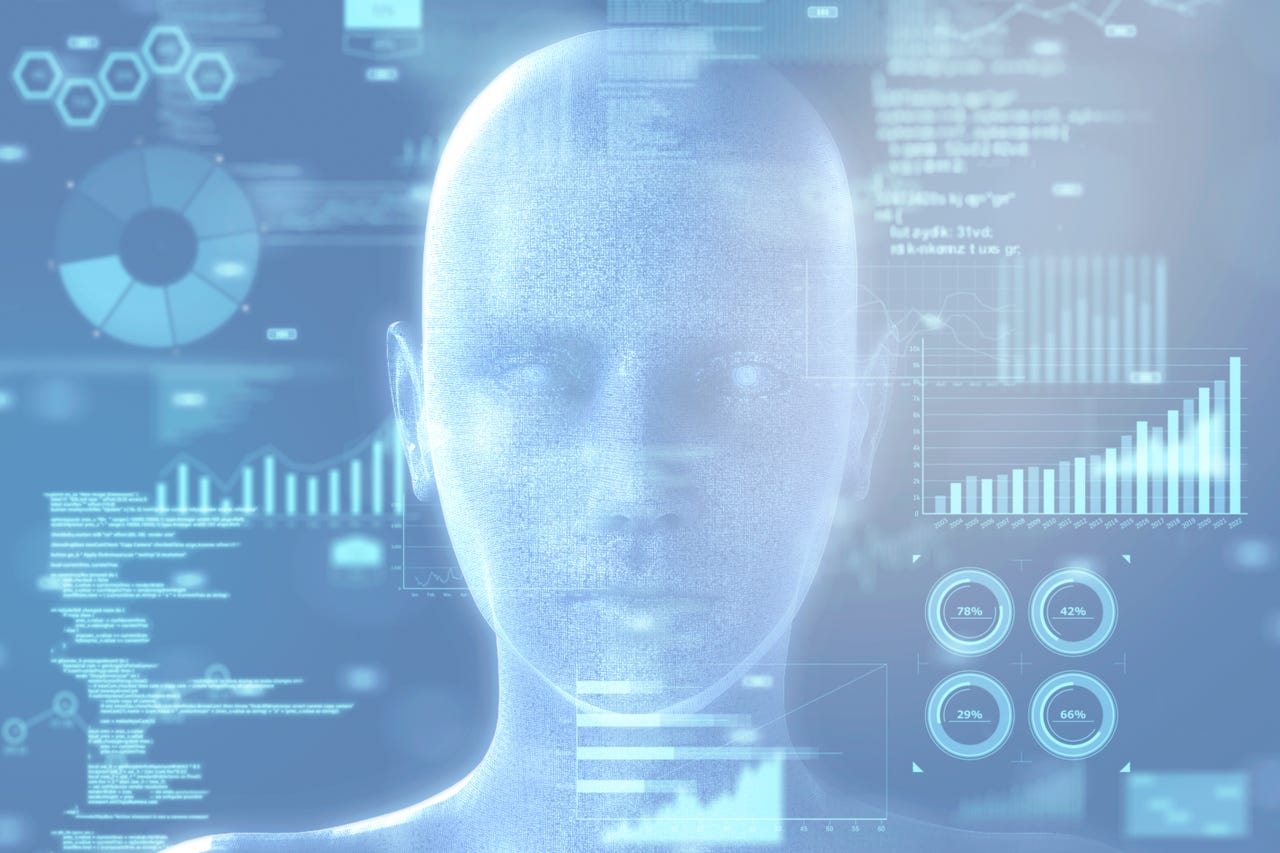Most Americans think AI threatens humanity, according to a poll


Fearing the unknown is an integral part of the human experience, especially when the unknown is something as powerful as generative AI. Therefore, as generative AI models grow in popularity, so do the concerns around them.
A new Reuters/Ipsos poll showed that more than two-thirds of Americans have concerns regarding AI risks.
Also: 6 harmful ways ChatGPT can be used by bad actors
The poll also revealed that fears have grown beyond a simple concern. Out of the 4,415 U.S. adults polled, 61% believe that AI is a threat to humanity, nearly triple the amount of respondents who didn't foresee it being a threat.
These fears could be partly inspired by sci-fi movies, which have typically depicted AI as a threat -- cue The Terminator.
However, many of the fears are also rooted in genuine risks of generative AI models such as ChatGPT.
Sam Altman, the CEO of OpenAI, the company behind ChatGPT, testified at a Senate Judiciary Committee hearing this week to address AI risks and call for regulation.
Also: I asked ChatGPT, Bing, and Bard what worries them. Google's AI went Terminator on me
AI pioneers and Turing Award winners Geoffrey Hinton and Yoshua Bengio have both spoken out publicly about the risks of AI and the need for immediate regulation.
In an interview with the Financial Times published on Wednesday, Bengio shared that the AI race has become "unhealthy" and a "danger to political systems, to democracy, to the very nature of truth."
Bengio also encourages people, such as AI experts, regulators, and lawmakers, to take action.
Also: ChatGPT and the new AI are wreaking havoc on cybersecurity in exciting and frightening ways
"Right now there is a lot of emotion, a lot of shouting within the wider AI community. But we need more investigations and more thought into how we are going to adapt to what's coming," said Bengio in the interview. "That's the scientific way."